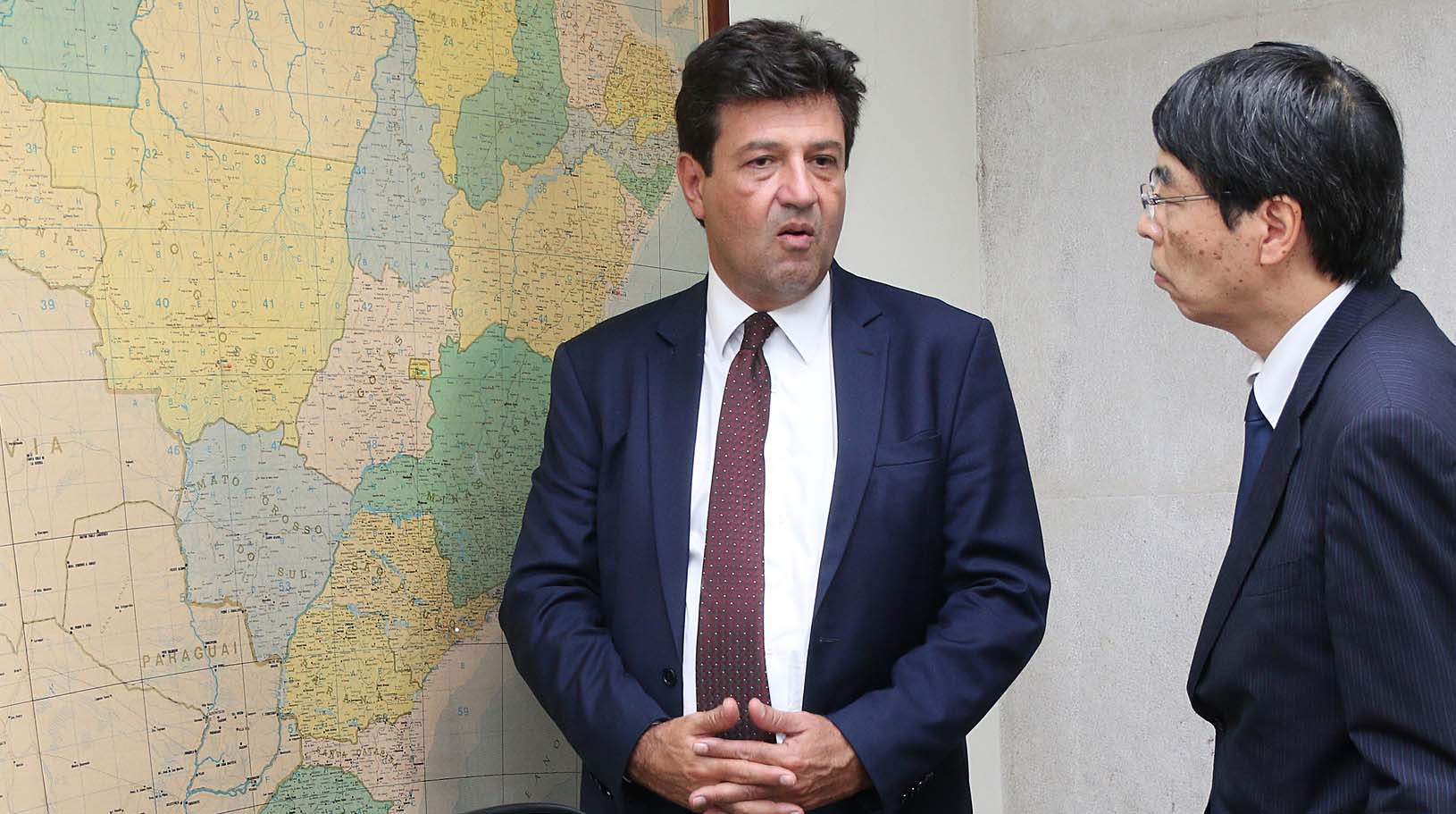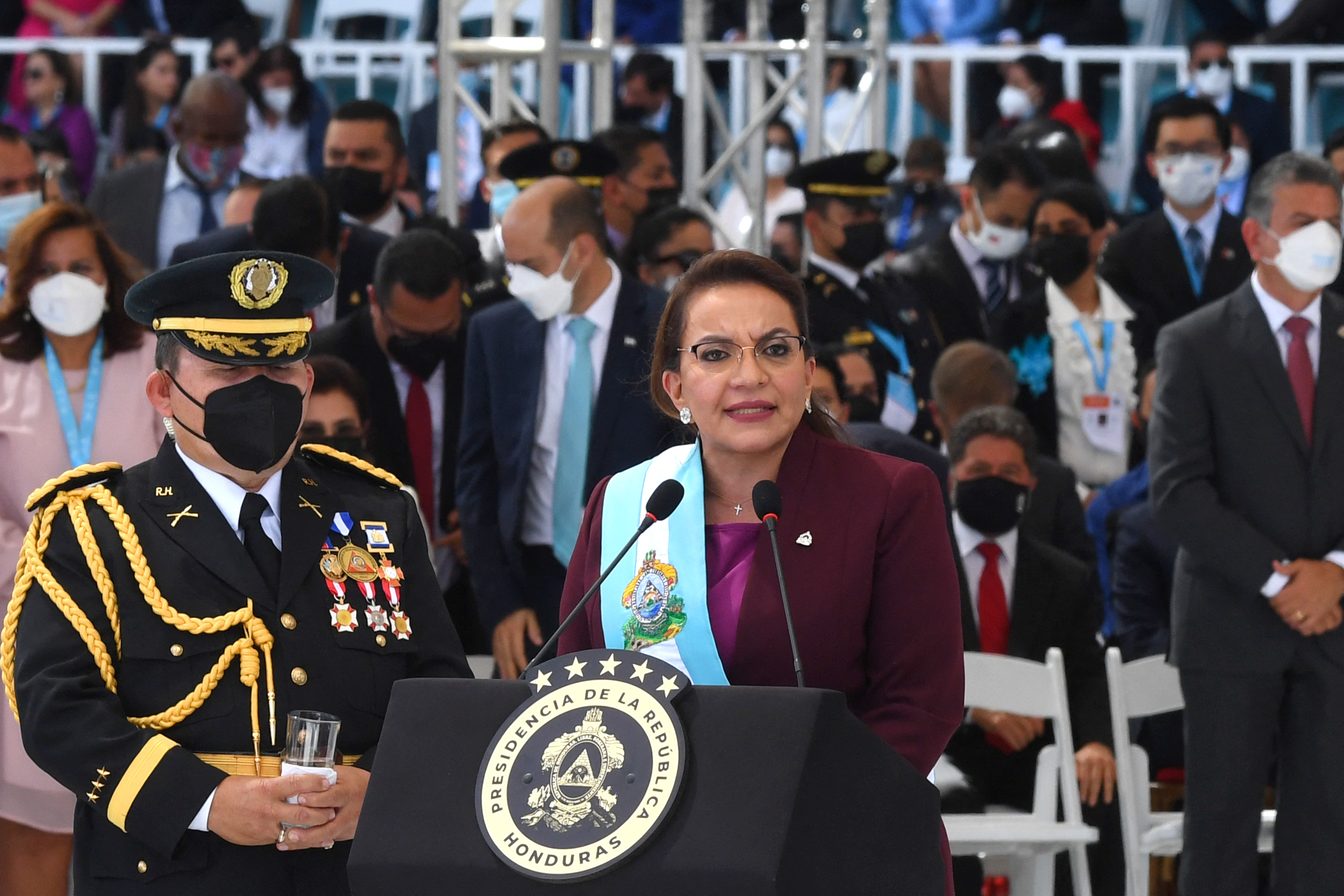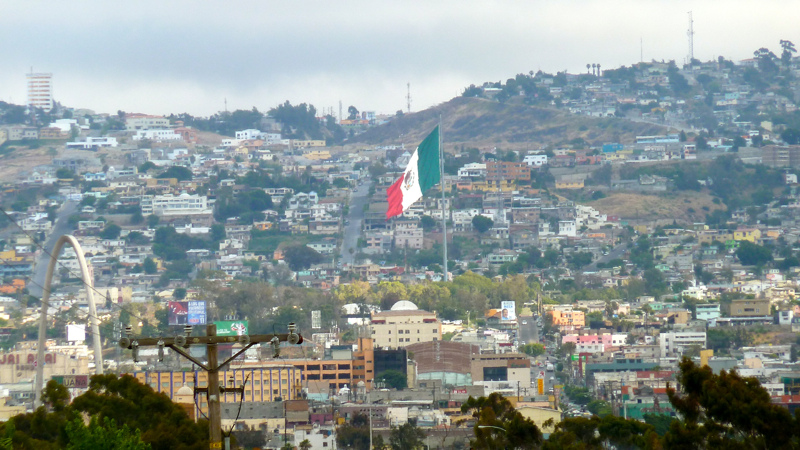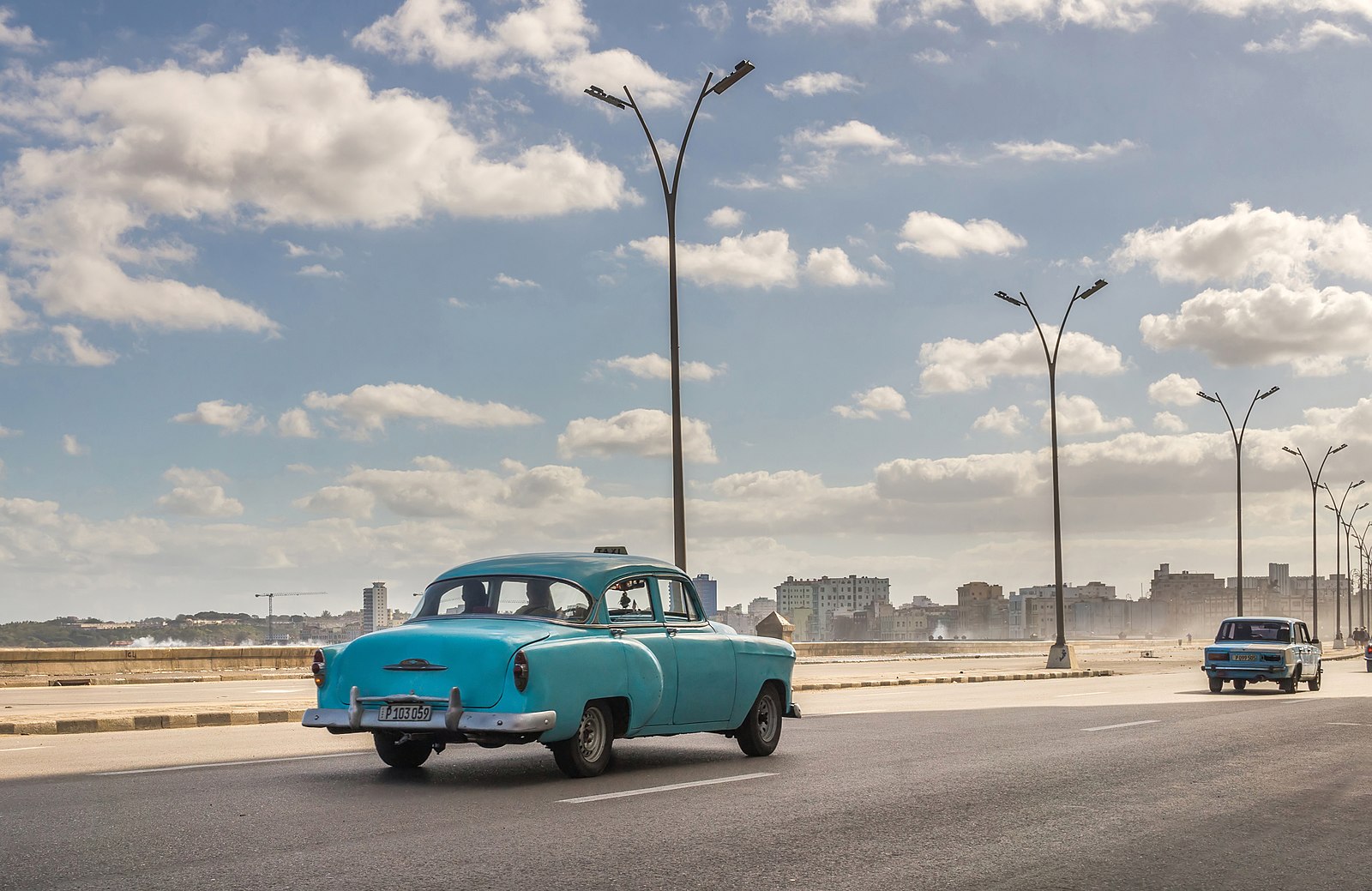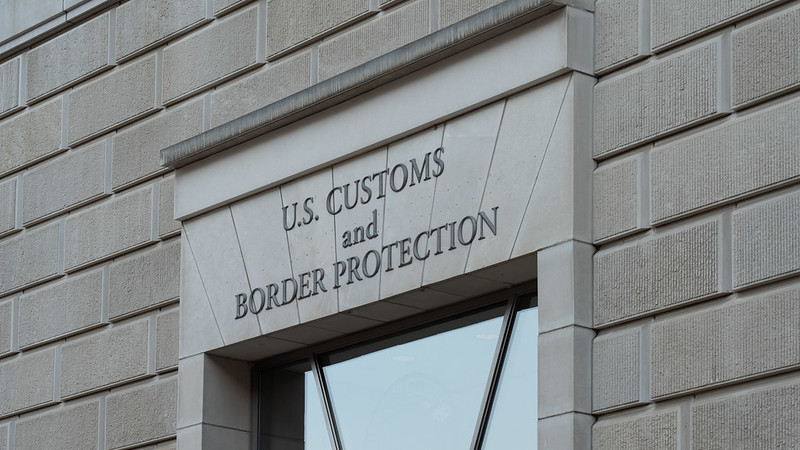
Latin America: Week in Review
Mexico Investigates Alleged Hysterectomies Performed at ICE Facilities
September 23, 2020 By Staff
TODAY IN LATIN AMERICA
MEXICO/UNITED STATES: Mexican officials in the United States have interviewed six Mexican women who may have been among the immigrant detainees that allegedly received unwanted hysterectomies at an immigrant detention center in Georgia. Mexico Foreign Relations Secretary Marcelo Ebrard called the incident “inacceptable,” and said other measures should be taken if the investigation confirms the allegations. He added that more Mexican women may have been affected than the six who have already been interviewed.
The allegations about unwanted hysterectomies at the Irwin County Detention Center stem from disturbing statements made last week by Dawn Wooten, a nurse who worked at the facility. Wooten alleges that at least 17 detained women received unwanted hysterectomies or other similar procedures from Dr. Mahendra Amin, a gynecologist who serves the facility.
Headlines from the western hemisphere
SOUTHERN CONE
BRAZIL: President Jair Bolsonaro gave a speech defending his administration’s environmental policies to open the 75th session of the UN General Assembly on Tuesday. He accused the press of spreading disinformation about Brazil’s deforestation policies and the fires that have devastated the Amazon rainforest for the second year in a row. Bolsonaro also disputed criticism of how his administration has handled the pandemic in Brazil, where over 4.5 million total cases have been reported and more than 137,000 people have died.
CHILE: Chile’s Ministry of Education denounced the College of Teachers of Chile’s (CPC) request to keep classes remote for the rest of the year. The CPC and other educational organizations yesterday submitted a letter requesting that in-person classes continue to be suspended and accusing the Ministry of Education of rushing to reinstate classes at the expense of the public health. Minister of Education Raúl Figueroa disputed those claims, calling them “totalitarian,” and pointing to 40 municipalities without new infections and in-person education as a necessity.
ANDES
BOLIVIA: People with disabilities marched in La Paz and Cochabamba on Tuesday to demand government funds to help alleviate the effects of the pandemic. The marchers asked for a one-time amount of $1,000 Bolivianos ($144 USD) per person, taken from an annual budget normally used for projects and programs to benefit the disabled community, which has this year gone unused due to COVID-19. If the Bolivian government does not comply, the protestors have threatened to begin a hunger strike.
COLOMBIA: Thousands of people marched in Colombia’s largest cities on Monday to protest police brutality, massacres of indigenous and social leaders and how the Colombian government has handled the pandemic. Large-scale protests of President Iván Duque’s administration began in November 2019 and swept the country. The movement was disrupted by the pandemic and Colombia’s strict lockdown policies, but recent police violence rekindled the protests. Despite the fervent anti-police sentiment, yesterday’s protests were mostly peaceful, except for minor incidents in Bogotá and Medellín.
CARIBBEAN
PUERTO RICO: Just a month after Puerto Rico was reported to have one of the lowest census response rates, the Census Bureau reports it has received responses from more than 90 percent of Puerto Rican households. On the ground, many residents report that in-person deliveries of the census are fraught with registration problems, especially as the deadline approaches. Census officials have evidence that the process has been highly inefficient, citing that the first batch of completed censuses went uncounted and many locals were repeatedly asked to fill out another census. Information collected from the census will decide which communities across the U.S. will receive federal funds for roads, public safety, hospitals and schools, while also defining local legislative representation.
CENTRAL AMERICA
NICARAGUA: A Pro-Electoral Reform Group on Tuesday presented recommendations for electoral and constitutional reforms that would guarantee more democracy and voter participation in Nicaragua, thirteen months before the 2021 election. The reform includes a recommendation that presidential reelection be eliminated, along with vice presidential reelection. The reforms would also change the structure of the magistrates of the Supreme Electoral Council (CSE) and other electoral structures which are currently under the control of the Ortega administration. The Pro-Electoral Reform Group says the document contains recommendations that political parties will have to carry out. The Democratic Restoration Party (PRD) said that the addition of international pressure is needed for President Daniel Ortega to carry out these reforms.
PANAMA: The Ministry of Public Works has confirmed the second stage of the emergency COVID-19 economic relief plan called Panamá Solidario. The plan is intended to provide individuals who were laid off with suspended employee contracts, food bags, and vouchers. Minister of Public Works, Rafael Sabonge, cited a highway rehabilitation project through Atalaya, as an example that economic recovery is taking place. The government believes that, by next summer, all the projects being carried out throughout Panama will be fully reactivated, and is in talks with the American Development Bank to obtain financing.
NORTH AMERICA
MEXICO: The Mexican Senate approved a petition for a referendum to investigate possible criminal acts by five former living presidents of the country. The list of former presidents includes Enrique Peña Nieto, Felipe Calderón, Vicente Fox, Ernesto Zedillo and Carlos Salinas de Gortari. Around 2.5 million Mexicans signed the petition, which calls for investigations of the former presidents and criminal prosecution if they are found to be guilty of wrongdoing. The petition will now be sent to the National Election Institute, which will verify the authenticity of the signatures. The five previous presidential administrations were mired by various scandals involving corruption and connections to organized crime.
UNITED STATES: Local police and Customs and Border Patrol (CBP) agents arrested 58 undocumented immigrants in separate raids in south Texas over the weekend, according to a statement by CBP. The first arrests took place when Starr County sheriff deputies alerted CBP of a possible “stash house,” which CBP raided. The operation resulted in the arrests of 25 migrants from Mexico, Honduras, Guatemala and El Salvador. On Sunday, CBP agents and officers from the Roma Police Department arrested 33 more immigrants, 13 of which were in a vehicle and the rest in a house.
